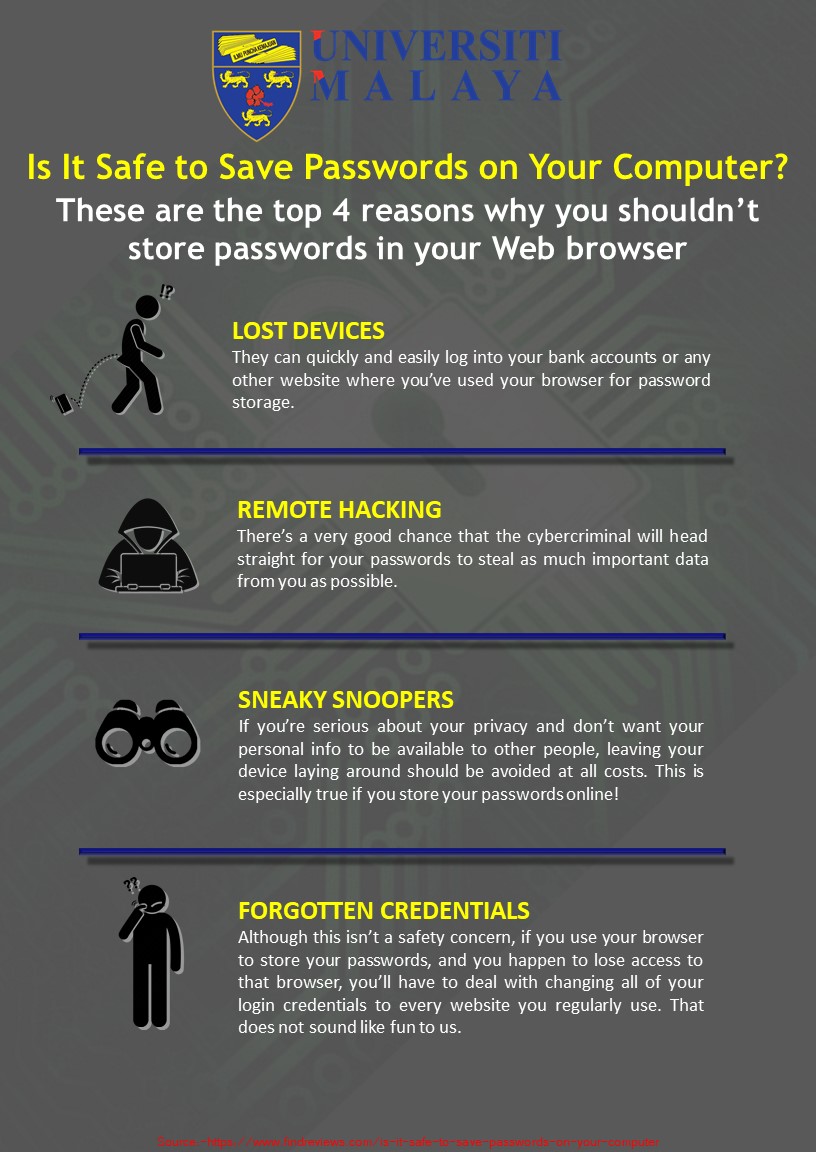FRAUDULENT Employment offer letter from University Of Malaya,Malaysia

ICT Security Notices
NOTICE 1: Job Recruitment Fraud
University of Malaya, Kuala Lumpur, Malaysia (UM) has been made aware of the unauthorised use of the name of the University of Malaya by irresponsible unauthorised party / parties with the following details:
- FALSELY using the university name in emails "From: Zara Recruitment : careers.zararecruitment@gmail.com" and OZONE RECRUITMENT MALAYSIA career.ozonerecruitment@gmail.com with the subject of “Employment offer latter from University Of Malaya,Malaysia”
- ATTEMPT to recruit on behalf of UM and solicit up-front fees on the pretense of obtaining immigration documents including visa or work permit from interested job-seekers.
University of Malaya (UM) strongly DENY that it has authorised the sending of such e-mail.
University of Malaya (UM) hereby appeals to the public NOT to respond to the email or any such emails.
How to recognise whether you have received FRAUD/ SCAM email :
- University of Malaya, official website pages always include https://www.um.edu.my. Any other URLs are fake.
- Applications for employment are done via our online portal - https://e-recruitment.um.edu.my and via a manual form available on https://um.edu.my/about-um/career
- Email communication on recruitment from University of Malaya, if any, would be sent by our officials using only e-mail domains of @um.edu.my. Any recruiter or company that corresponds from a free email account such as Yahoo, Live, Hotmail or Gmail is very likely a scammer. Legitimate job related emails will come from corporate email accounts.
- University of Malaya has NEVER appointed any third party agencies to represent the University in recruitment exercises or to process work/residence permits/-visas.
Should you receive such email, please treat the communication as fraudulent ; mark the email as SPAM and forward it to: umcert@um.edu.my
Is It Safe to Save Passwords on Your Computer?
ICT Security Notices
These are the top 4 reasons why you shouldn’t store passwords in your Web browser
Lost Devices
If you ever lose your laptop, cellphone, or tablet, anyone that picks it up could have access to your online passwords. And that means they can quickly and easily log into your bank accounts or any other website where you’ve used your browser for password storage.
Remote Hacking
Hackers have been known to use viruses and other malware to gain remote access to your computer via the Internet. If that ever happens to you, there’s a very good chance that the cybercriminal will head straight for your passwords to steal as much important data from you as possible.
Sneaky Snoopers
If you’re serious about your privacy and don’t want your personal info to be available to roommates, family members, or nosy visitors, leaving your device laying around should be avoided at all costs. This is especially true if you store your passwords online!
Forgotten Credentials
Although this isn’t a safety concern, if you use your browser to store your passwords, and you happen to lose access to that browser, you’ll have to deal with changing all of your login credentials to every website you regularly use. That does not sound like fun to us.

